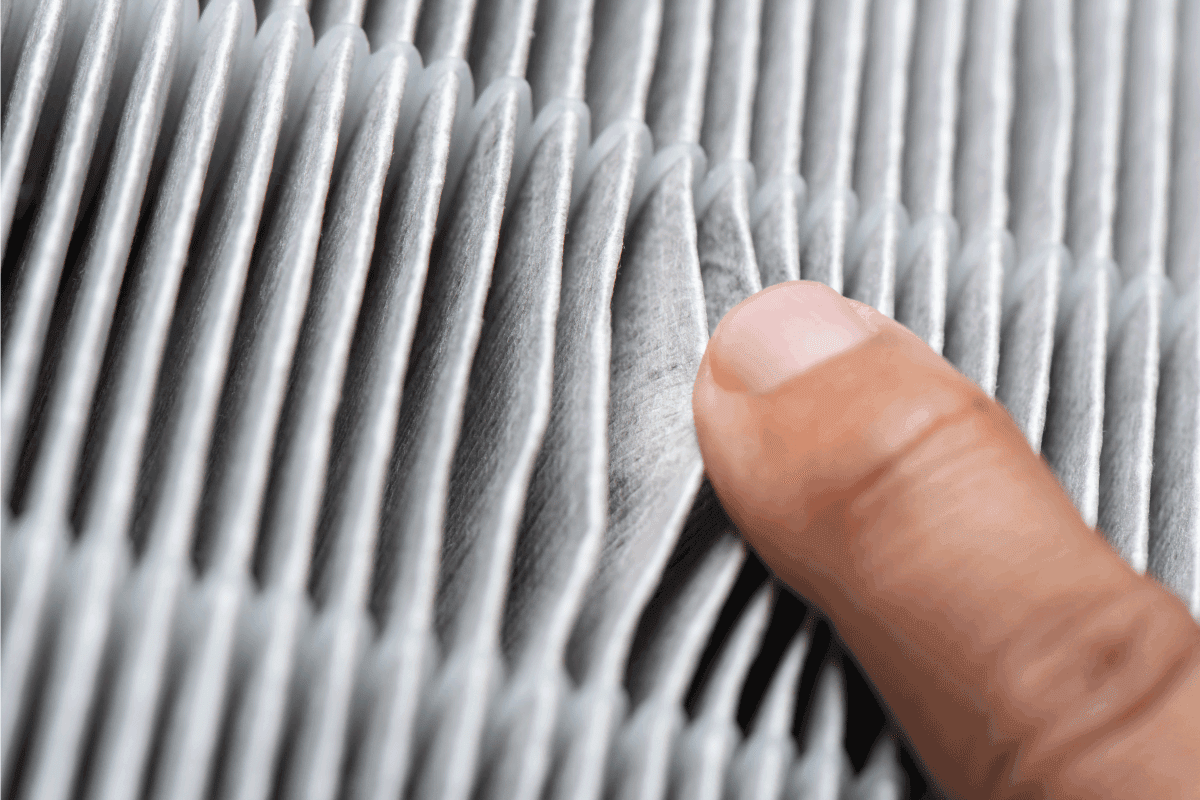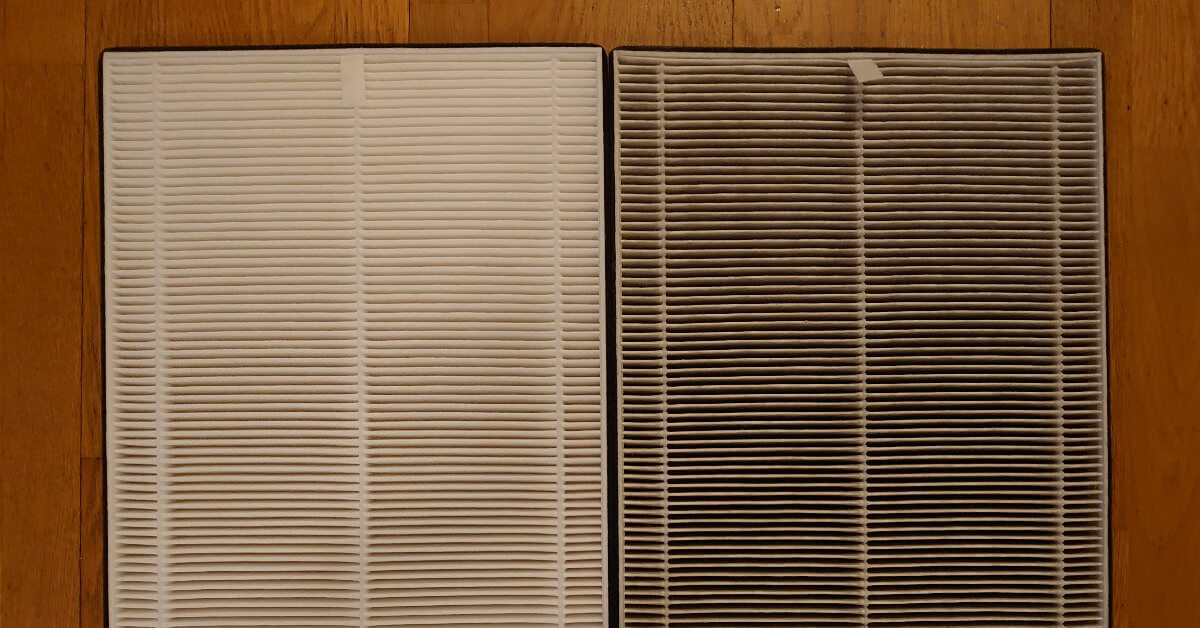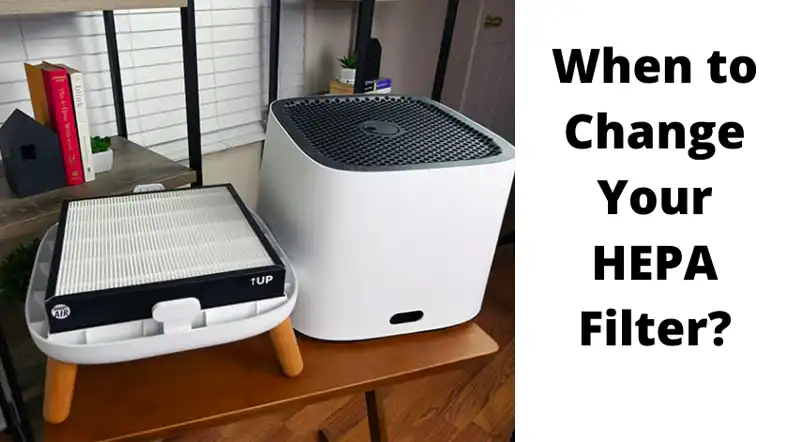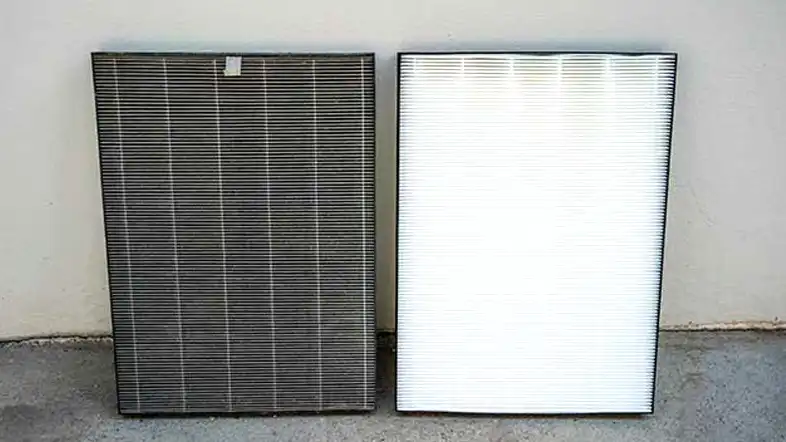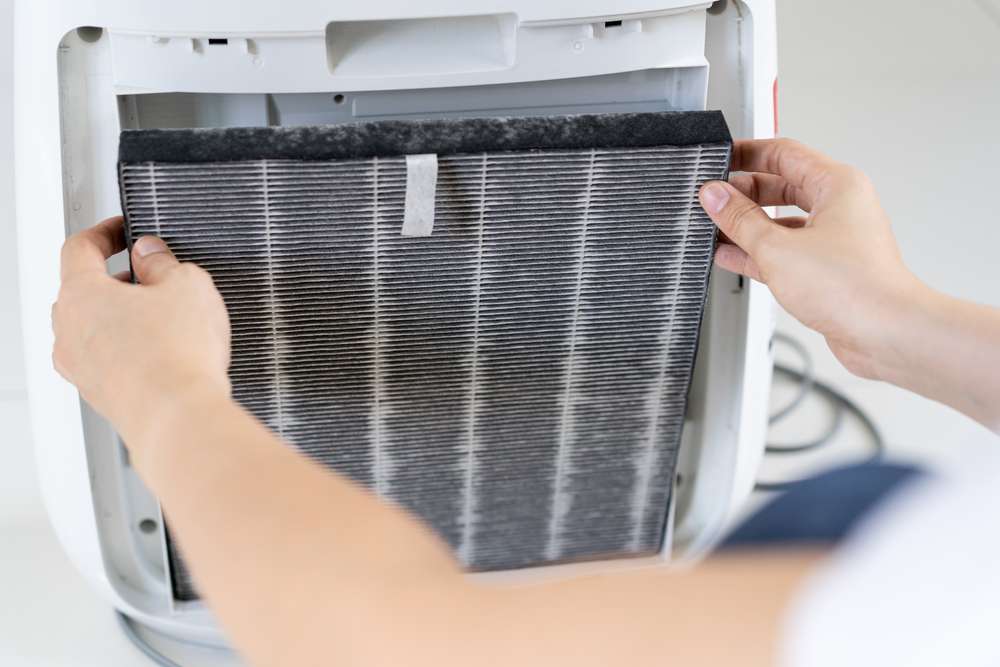How Often To Change Hepa Filter
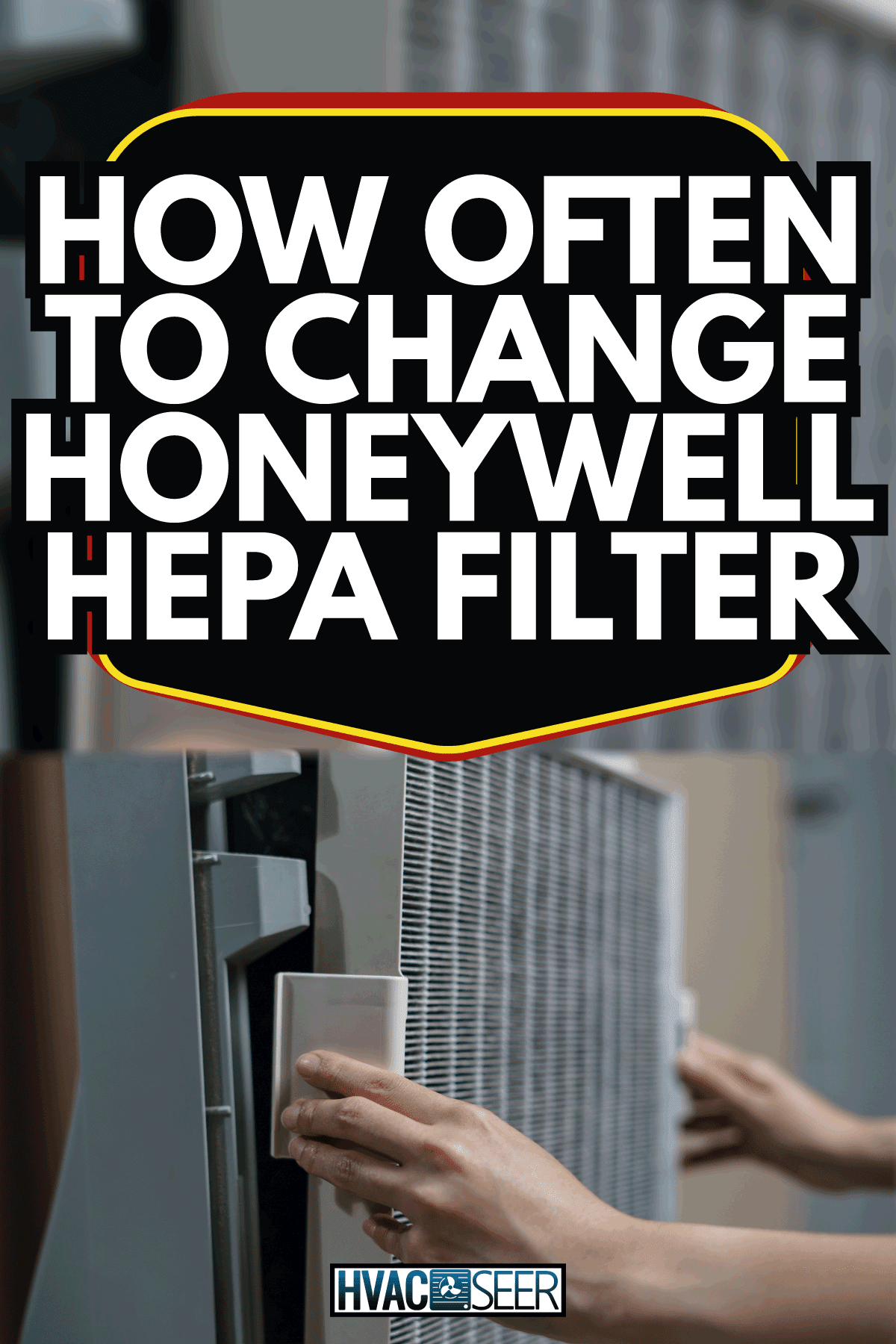
Is your air purifier working against you? Failing to replace your HEPA filter regularly can drastically reduce its effectiveness, potentially recirculating harmful particles instead of trapping them.
This article breaks down the recommended HEPA filter replacement schedule, highlighting factors that influence frequency and providing actionable steps to maintain optimal air quality in your home or office.
Understanding HEPA Filter Lifespan
The standard recommendation is to replace HEPA filters every 12 to 18 months. This timeframe is a general guideline.
However, the actual lifespan depends heavily on usage and environmental conditions.
Factors that affect filter longevity include air quality, purifier run-time, and filter type.
Key Factors Influencing Replacement Frequency
Air Quality: Homes in areas with high levels of pollution, dust, or pollen will require more frequent filter changes.
Consider homes near construction sites or busy roads. Those locations will expose the HEPA filter to much higher particulate concentration.
Run-Time: Air purifiers that run continuously will naturally require filter replacement more often than those used sparingly.
Filter Type: Some HEPA filters are designed for extended use. Read manufacturer specifications carefully.
Pre-filters, often made of activated carbon, trap larger particles and odors. These pre-filters typically need replacement every 3-6 months.
Failing to replace pre-filters can shorten the life of the HEPA filter.
Signs It's Time to Replace Your HEPA Filter
Reduced Airflow: A noticeable decrease in airflow from your air purifier is a primary indicator. The filter is likely clogged.
Visible Dust Buildup: Examine the filter surface. Excessive dust and debris accumulation indicates it's time for a replacement.
Increased Odors or Allergies: If you experience worsening allergies or detect unpleasant odors, your filter is likely saturated and ineffective.
Manufacturer Recommendations
Always consult the manufacturer's guidelines for your specific air purifier model. Ignore these instructions at your own peril.
Many manufacturers provide estimated filter lifespans and replacement indicators.
Some air purifiers feature built-in sensors that alert you when it’s time for a change.
Proper HEPA Filter Disposal
Used HEPA filters contain trapped pollutants. Dispose of them properly.
Seal the used filter in a plastic bag to prevent the release of particles during disposal.
Check local regulations for specific disposal guidelines, as some areas may have specific recommendations for contaminated filters.
The Cost of Neglect
Failing to replace your HEPA filter not only reduces air purification effectiveness but can also damage your air purifier.
A clogged filter forces the motor to work harder, potentially leading to overheating and premature failure.
The cost of a new filter is significantly less than the cost of repairing or replacing your air purifier.
Data-Driven Insights
A 2018 study by the Environmental Protection Agency (EPA) showed that regularly maintained HEPA filters can remove up to 99.97% of airborne particles 0.3 microns in size.
However, the effectiveness drops significantly with filter saturation.
The EPA recommends following manufacturer guidelines and adjusting replacement frequency based on individual needs and environmental conditions.
Optimizing HEPA Filter Performance
Vacuum the pre-filter regularly. This will remove larger particles and extend the lifespan of the HEPA filter.
Ensure proper ventilation when cleaning or performing activities that generate dust or odors.
Consider using an air quality monitor to track particulate levels and determine optimal filter replacement intervals.
Immediate Action Required
Check your HEPA filter now. Determine its age and condition.
If you are unsure when it was last replaced, err on the side of caution and replace it immediately.
Prioritize the health of your indoor environment by maintaining a clean and effective HEPA filter.
